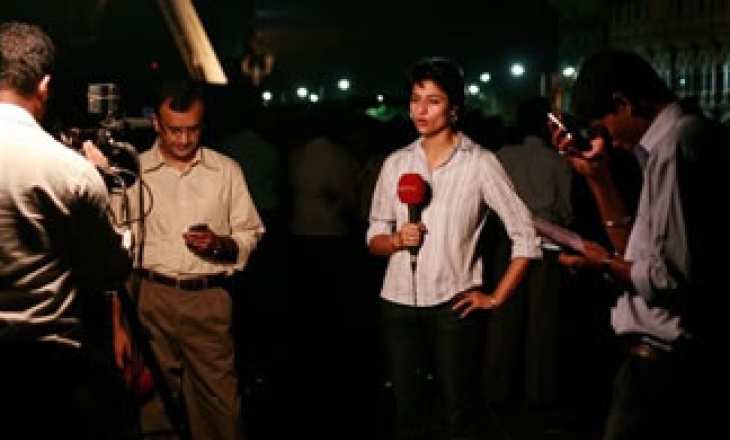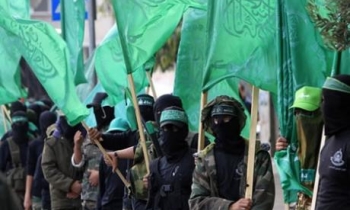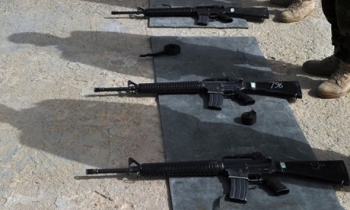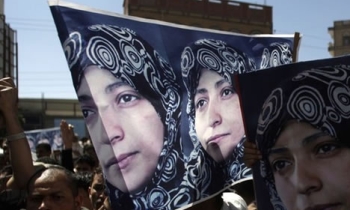The proposed changes in the Cable Television Network Regulations Act have been put on hold after top editors of major television news channels unanimously agreed to oppose the proposed amendments.
Prime Minister Manmohan Singh on Wednesday stepped in to assure news broadcasters that nothing would be finalised without "the widest possible consultation with all the stakeholders and eliciting their different points of view on the proposed changes."
"The matter will be taken up for finalisation only after widest possible consultation with all stakeholders and eliciting different points of view on the proposed changes,’’ a statement issued by the Prime Minister's Office (PMO) in New Delhi said. The prime minister's intervention came after representatives of various news channels stepped up their campaign against the proposed changes in the guidelines in place.
Top editors of all the major news channels on Tuesday described the proposed amendments to the Cable Television Networks (Regulation) Act as the most serious assault on the principles of free media and right to speech and expression, NDTV.com reported. Expressing concern over the attempts to completely subjugate the media to government control, the editors called for a meeting with Manmohan Singh urging him to intervene in the matter. They said that the government had completely disregarded the news channels' self-regulation attempts.
The TV editors said that the proposed law intended to gag, and not create law against violators. If the law was passed, the government could block live transmission and confiscate equipment. The move to route visuals through a nodal agency would also mean that channels could no longer cover communal riots, and agitations. The amendments were almost a throwback to the Emergency and are the worst possible assault on the Fourth Estate, they said.
The editors objected to the following proposed measures:
- District-level government officers can stop live coverage
- Government can deem a situation "nationally important"
- For such crises, a nodal government agency to provide visuals
- Officers can decide which visuals can be repeated
- Officers to decide authenticity of information
- Officers to decide whether phone-in reports by journalists or interviews with victims can be shown
“We have been meeting the leaders of various political parties in this regard and we have been able to muster support from them,’’ Rajdeep Sardesai, editor-inchief of the CNN- IBN, told to the New Indian Express. Various political parties, including the BJP, CPM and Samajwadi Party, have thrown their weight behind the broadcasters.
CPI(M) General Secretary Prakash Karat called for setting up an independent regulator to monitor the content of news channels. Karat said, “Our party is of the view that apart from the self-regulatory mechanism put in place by the news channels, it is necessary to have co-regulation through an independent regulator.” However, Karat has asked the PM that “no hasty steps be taken on empowering the government on this” till a common approach is arrived at this after proper discussions.
Senior BJP leader LK Advani said that the proposed curbs, which could be prone to misuse, should not be imposed by the government. However, he cautioned that in view of people's reactions to the television coverage of the recent terrorist attack in Mumbai, it was imperative that TV channels evolved a code of self-regulation to ensure that anti-national elements and terrorists were not able to take advantage of the freedom of media in the country, the Times of India reported.










